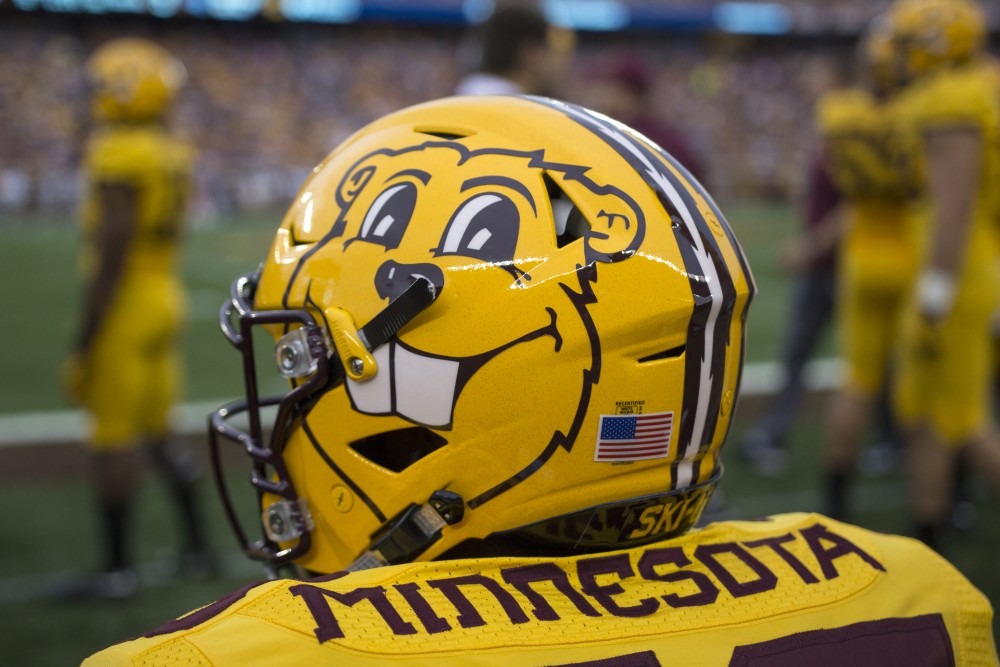State lawmakers are pushing legislation to establish protections for student athletes who enter agreements with agents.
The bill, called the Revised Uniform Athlete Agents Act, passed in the House on March 29. The legislation expands on the existing Uniform Athlete Agents Act, which was adopted by the Minnesota Legislature in 2002. The RUAAA broadens the definition of an agent and requires student athletes or agents to notify schools when a contract is signed, among other things.
Rep. Chris Swedzinski, R-Ghent, the bill’s main author, said the measure is meant to circumvent “shady” and “under-the-table” practices by agents representing college athletes.
“It gives a little bit more protection to students and really tries to bring things out into the open,” he said.
Eight states have enacted the RUAAA and six other states have introduced it, according to the Uniform Law Commission. While agent abuses are not common in Minnesota, Swedzinski said it is important for states to act uniformly.
“Just because we don’t have a big issue in our back door doesn’t mean they can’t happen,” Swedzinski said.
The proposed legislation also provides an opportunity for student athletes and their families to be informed while making decisions, said Lisa Kihl, associate professor of sport management at the University of Minnesota.
“It’s a big decision to go the pro route. It’s a huge decision in terms of your career, so it’s important you have time to sit down and talk with family members,” Kihl said.
Kihl said she doesn’t expect the legislation to have a large impact on University student athletes, but she hopes they will feel protected by being knowledgeable about potential agents. Part of that responsibility lies with having an adviser to counsel the athlete, she added.
“There’s a lot of agents out there, so how do you know you have a quality agent?” she said.
The original Uniform Athlete Agents Act was designed to minimize the likelihood that students could lose their eligibility to play for a university or college due to their interactions with an agent, said Matthew Mitten, executive director of the National Sports Law Institute at Marquette University Law School.
“That can be pretty significant even if the athlete doesn’t really have pro potential because the value of the athletic scholarship is very substantial,” he said.
Mitten said the changes the RUAAA makes are relatively minor. Whether they work will depend on how rigorously the Minnesota Secretary of State’s office enforces the act, he said.
“Of course, they’ve got to devote resources, have someone who’s going to investigate claims that an agent has violated the act,” he said. “The act is only as effective as its enforcement.”
The Senate version of the bill is awaiting action on the floor.








